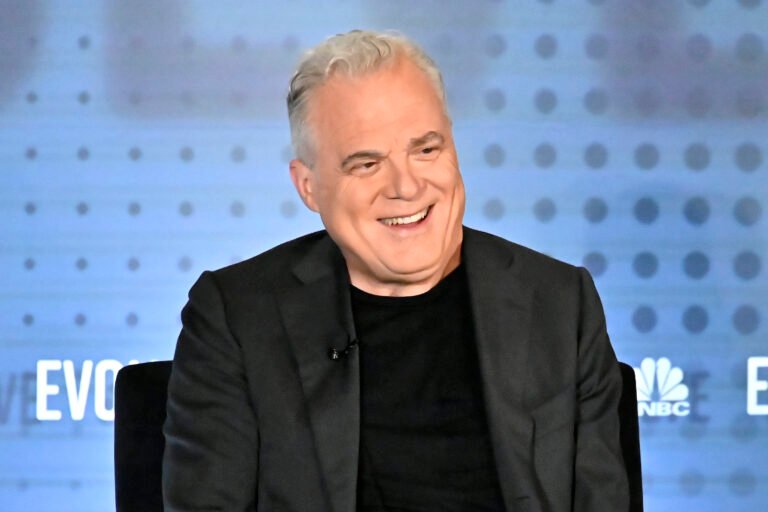Mark Bertolini has been instrumental in turning health insurer Oscar Health into a profitable company since he became CEO a year ago, and now he says the next phase of the company’s growth and profitability will be focused on entering the employer market.
The effort includes “going after the 71 million lives of small group and mid-market employers where most employees are overinsured to care for the few sick people in their group and get equal premiums,” Bertolini explained ahead of the company’s investor presentation on Friday.
“We have a huge opportunity to create an entirely new market,” he added.
This isn’t a new concept: When the Affordable Care Act’s insurance exchanges launched a decade ago, analysts predicted that employers would ditch the complexities of buying group insurance in favor of individually insured health care reimbursement arrangements (ICHRAs) and give workers cash to buy their own ACA plans.
Bertolini said the market failed to take off because insurers weren’t focused on reducing costs for employers and employees.
“What we’re going to do now is develop a plan design and take on the group so we can offer the right plan for employees, including the ultimate flexible benefits plan,” he said.
The move into the employer market is part of Oscar’s strategy to expand its membership from 1.5 million to about 4 million by 2027.
Ahead of its analyst day presentation, the company set targets for annual revenue growth of about 20% over the next three years and earnings of $2.25 per share in 2027.
Mr. Bertolini, who served as Aetna’s chief executive officer for eight years and has deep knowledge of how major insurers and pharmacy-benefit managers operate, likened his role at Oscar to a pirate ship ready to sabotage a Spanish galleon loaded with gold earlier this year.
Last year, he helped Oscar negotiate more favorable terms in a pharmacy benefit management (PBM) contract with CVS Health’s Caremark division, which he says helped contain health care costs at Oscar’s plans.
Oscar Health’s contract with CVS Caremark runs through 2026.
Mark Bertolini speaking at the CNBC Evolve New York event on June 19, 2019.
Astrid Stawiarts | CNBC
Next year, Bertolini will be watching how health insurer Blue Shield of California implements a potentially disruptive PBM model.
Blue Shield has contracted with smaller PBMs to handle most of its drug benefits to keep costs down for its members, and will use Mark Cuban’s Cost Plus Drugs and Amazon Pharmacy as its preferred pharmacy networks starting in 2025.
“I think the PBM model is outdated,” Bertolini said. “They need to be honest and forthright with their customer base and say they’re going to pass all of their costs on to the customer.” [savings] We’ve used our scale as an organization to bring that directly to you, and if they can make that leap, either through their premiums or through the pharmacy itself, I think they’re going to be able to stay.”
The three biggest U.S. PBMs — CVS’s Caremark, Cigna’s Express Scripts and UnitedHealth Group’s OptumRx — have found their businesses increasingly under regulatory scrutiny, and over the past year, all three have introduced more transparent pricing models for their insurer and employer customers.


